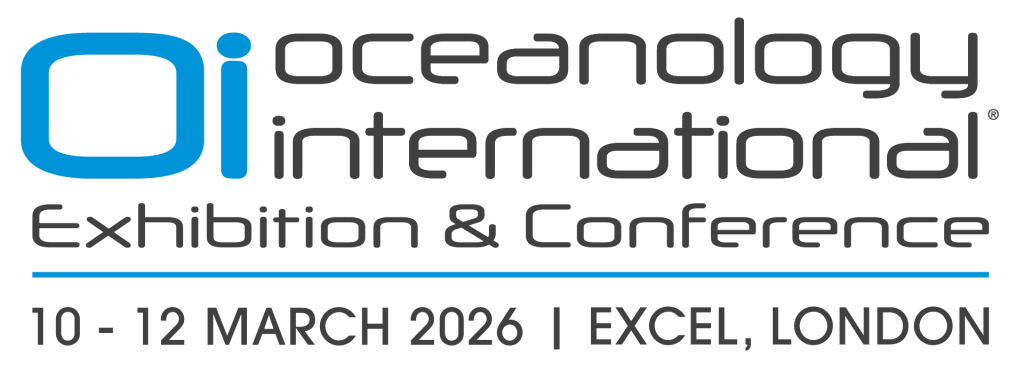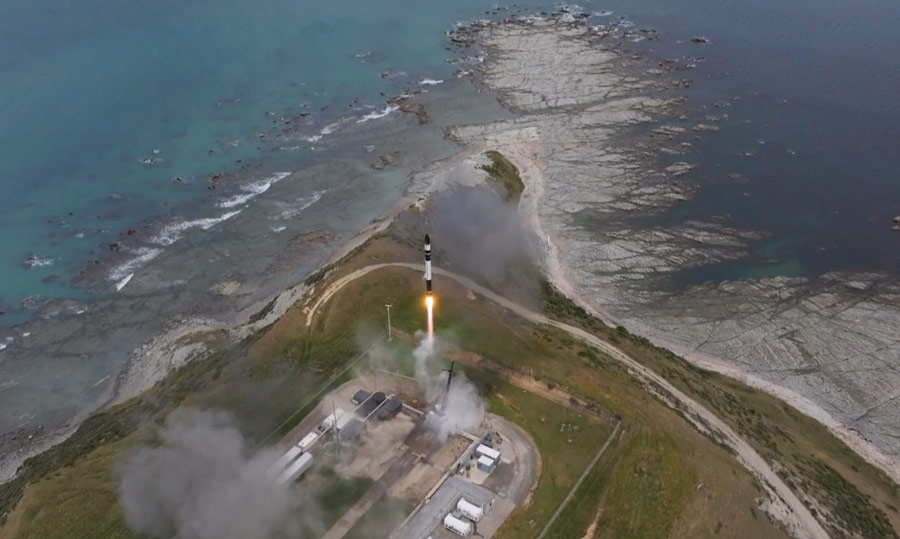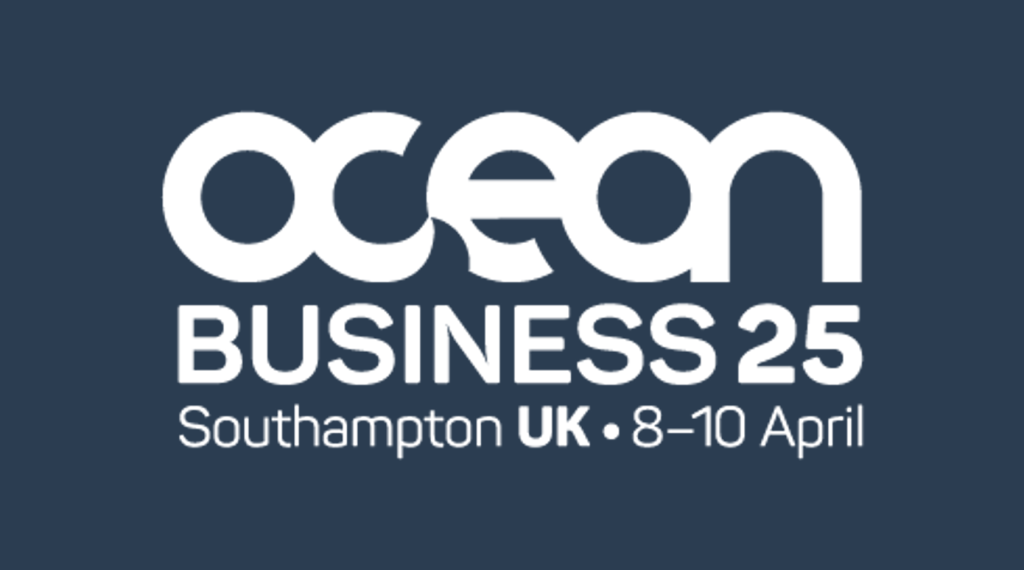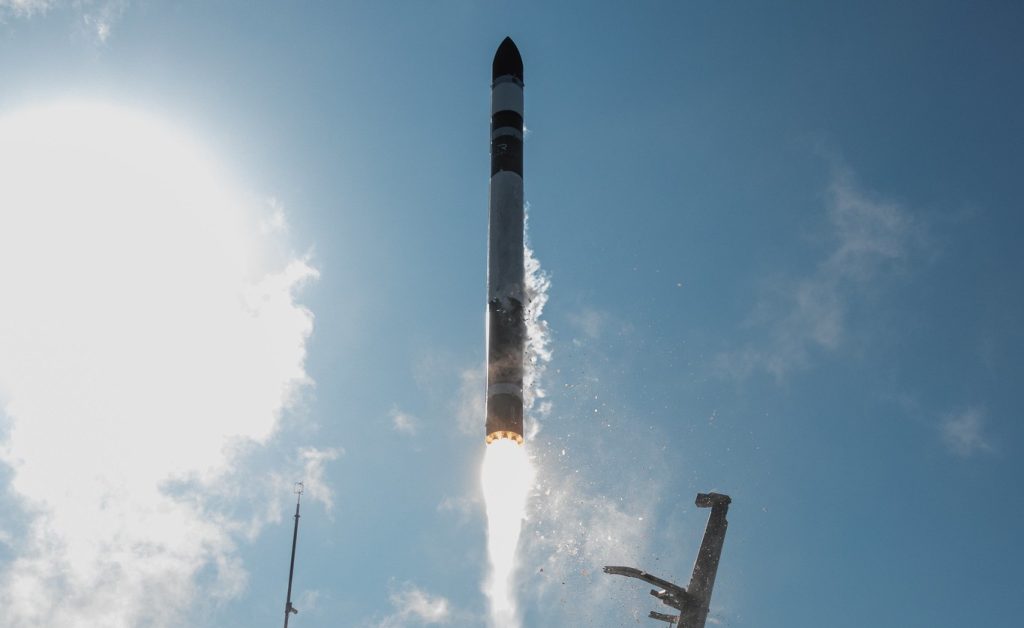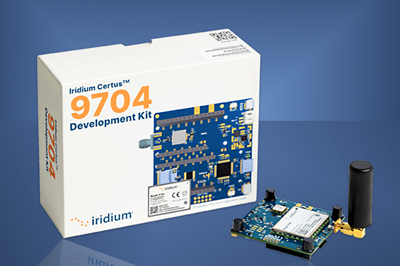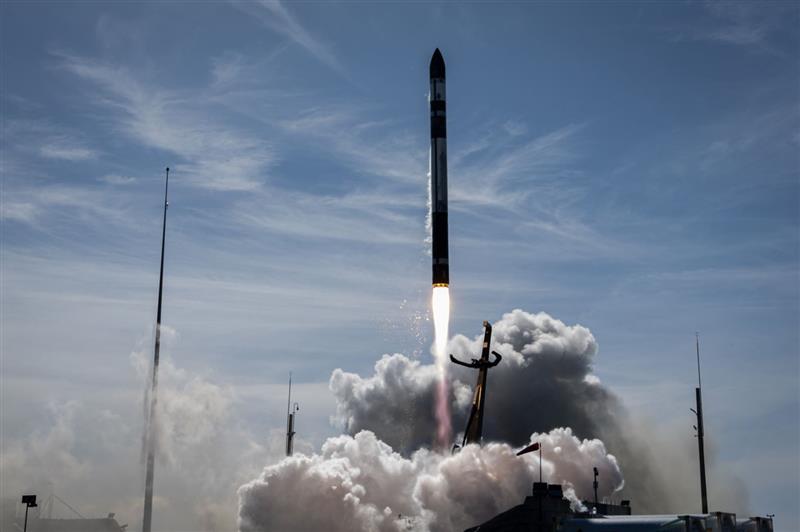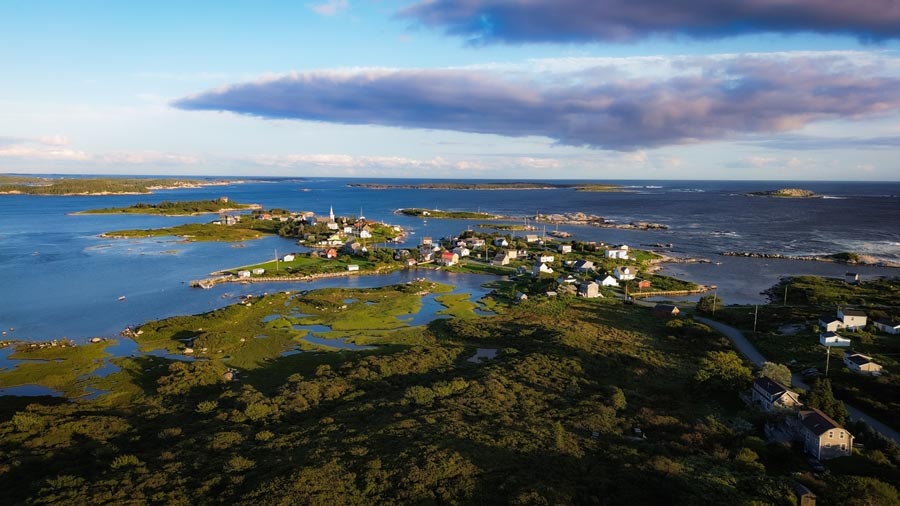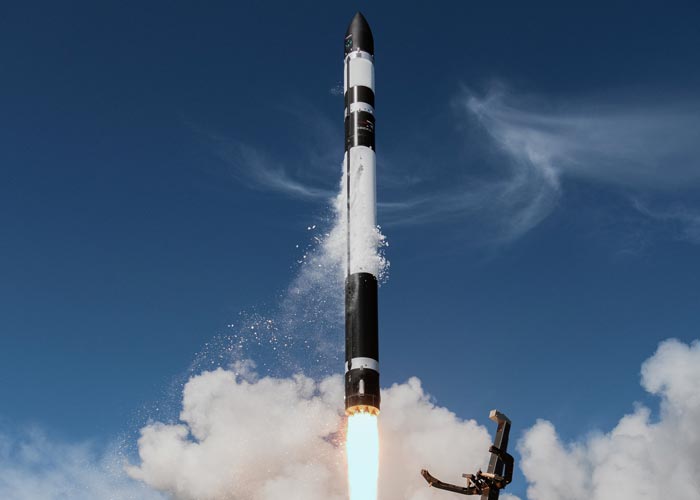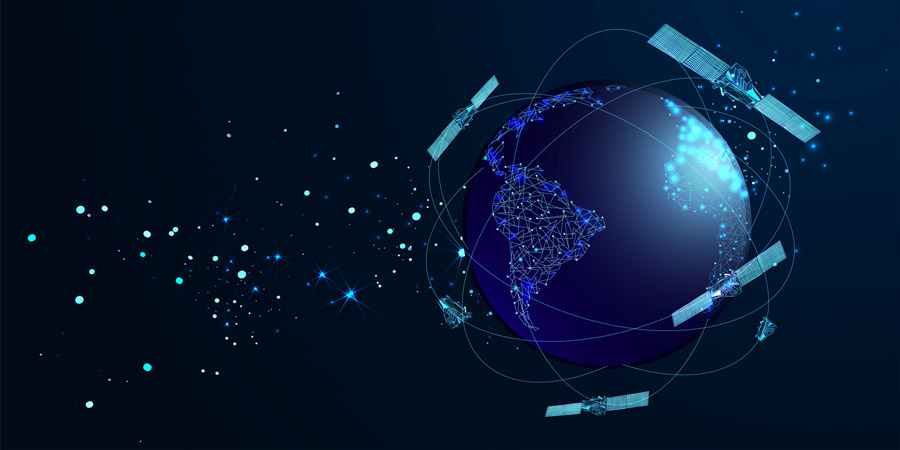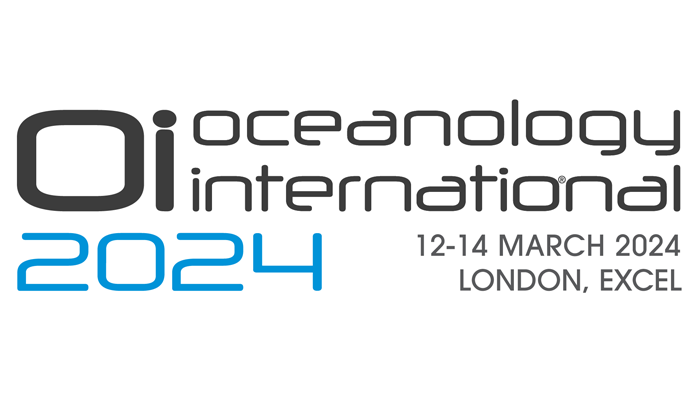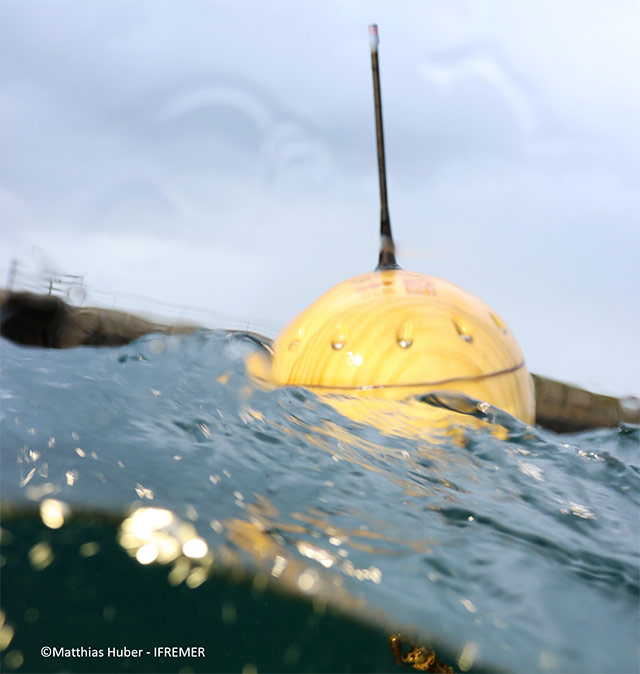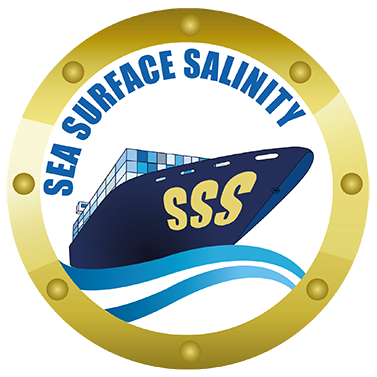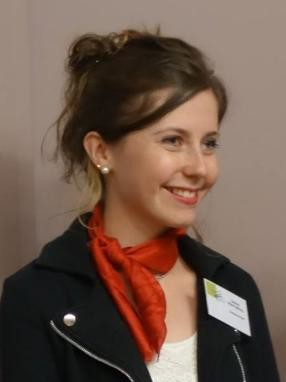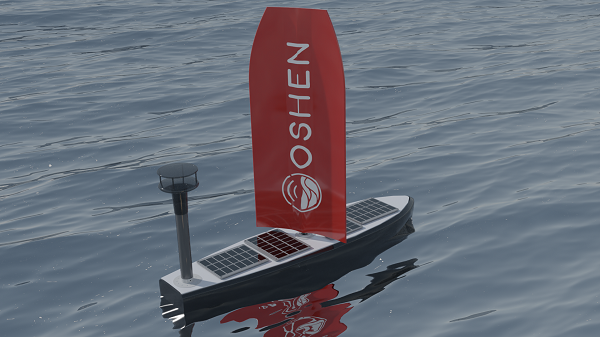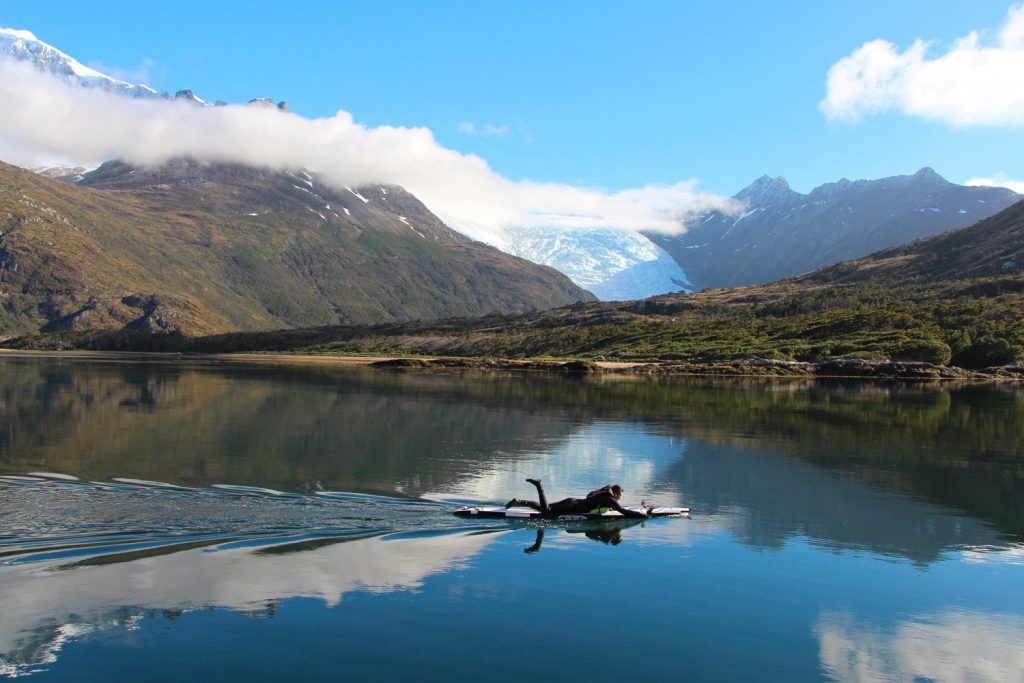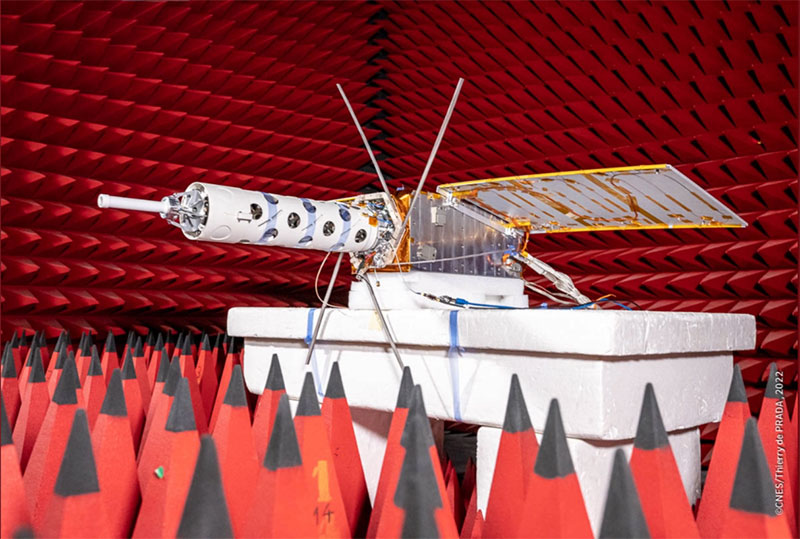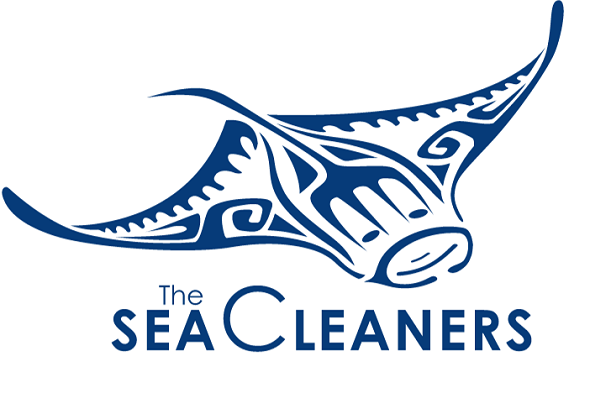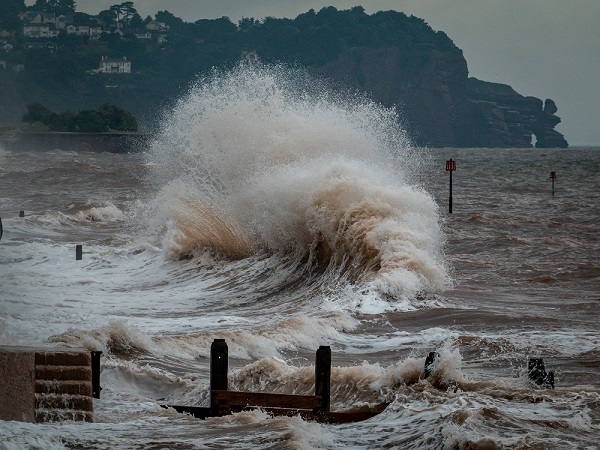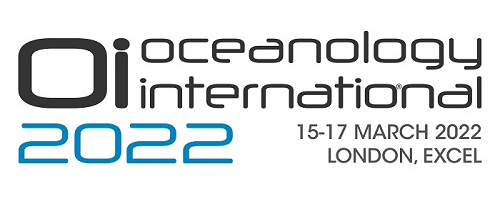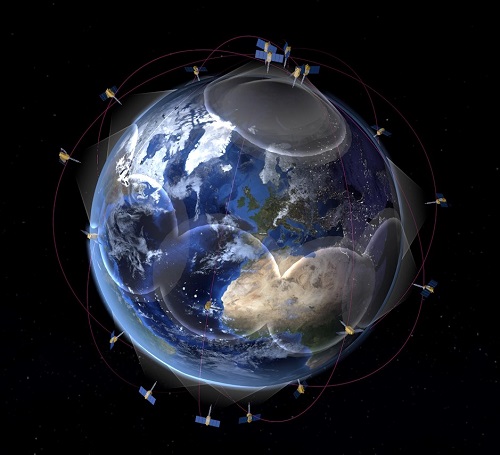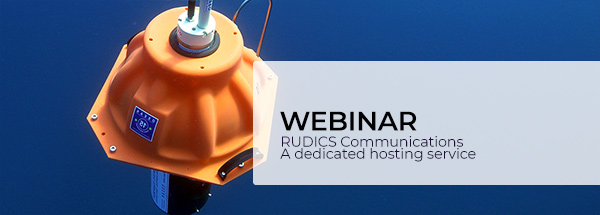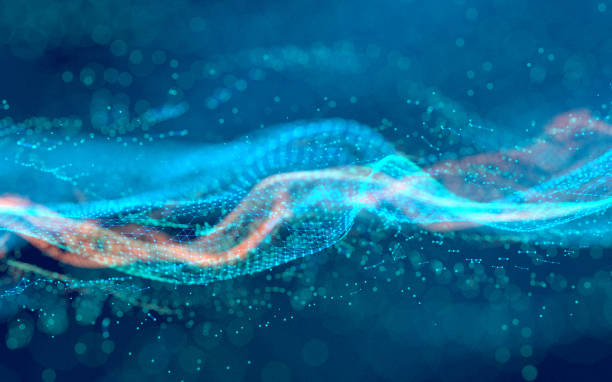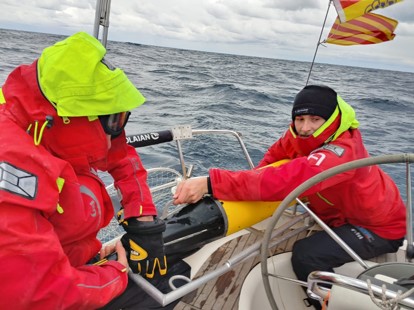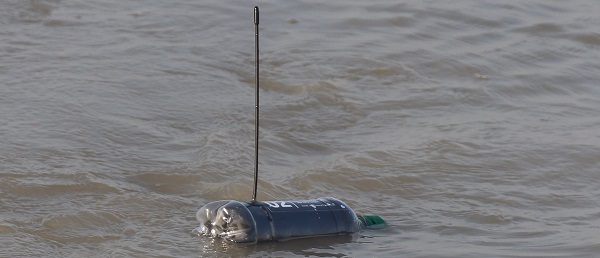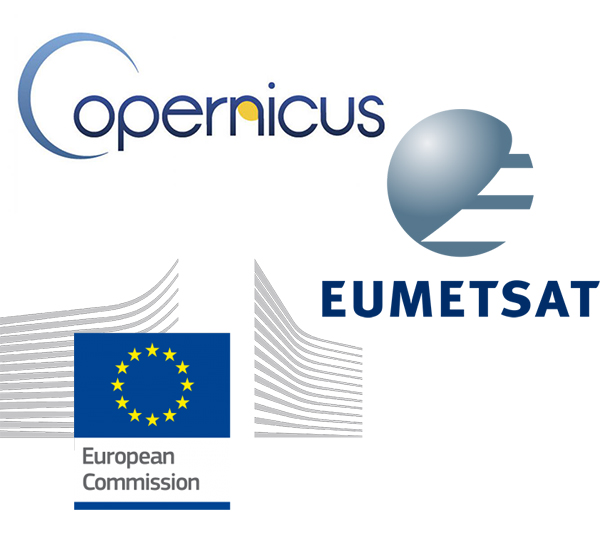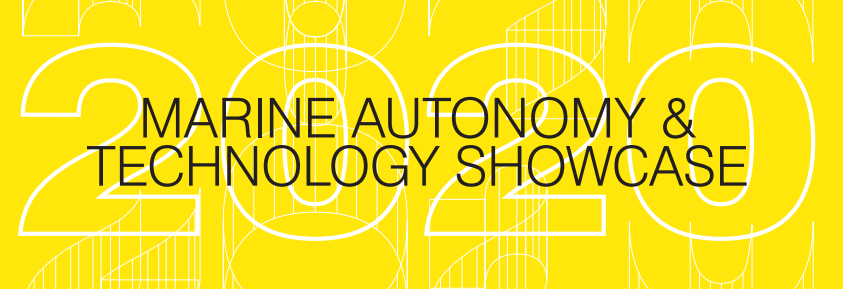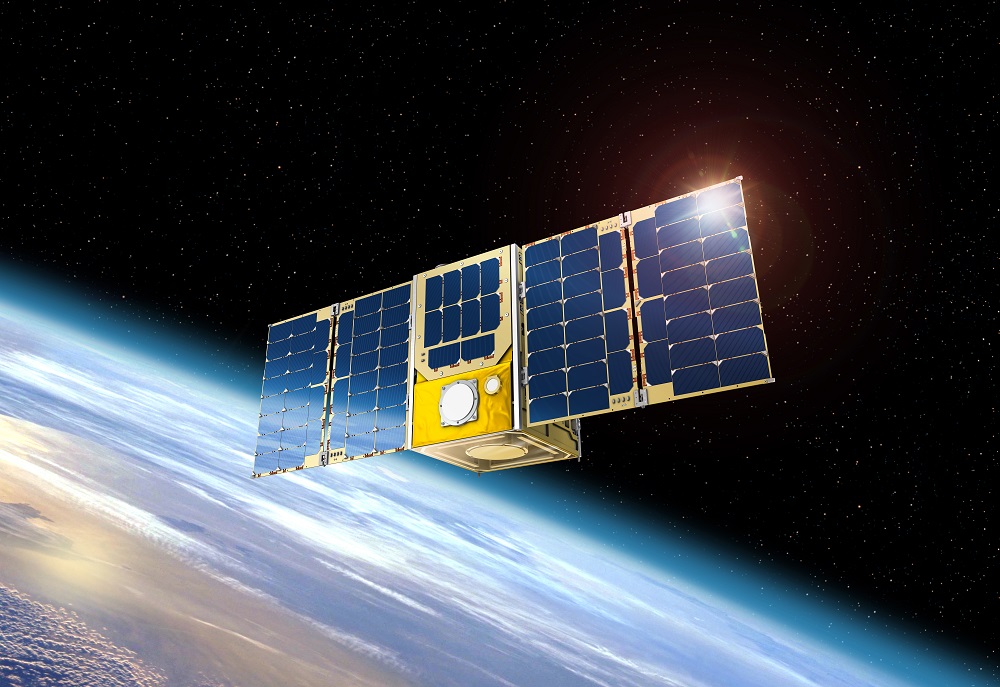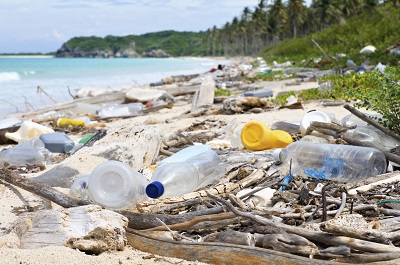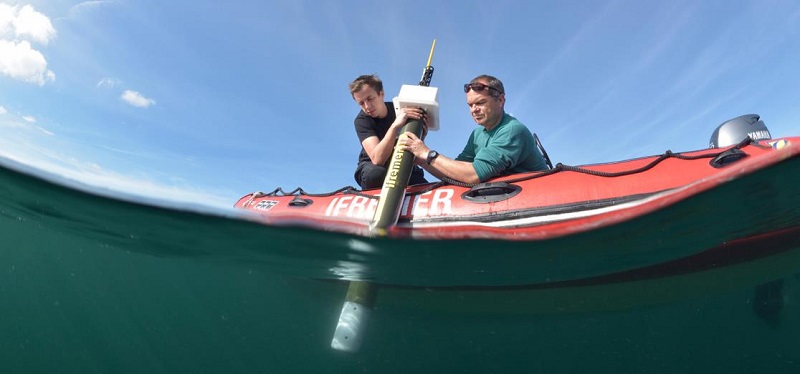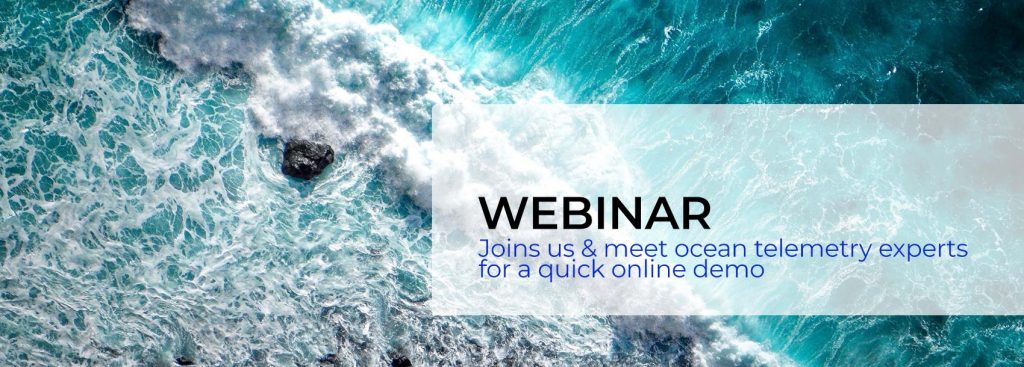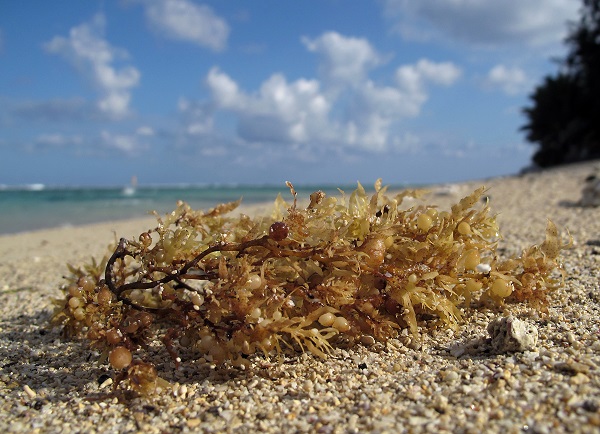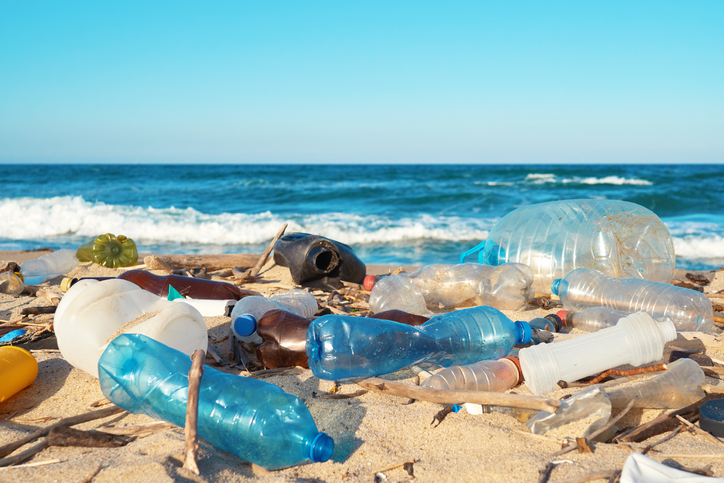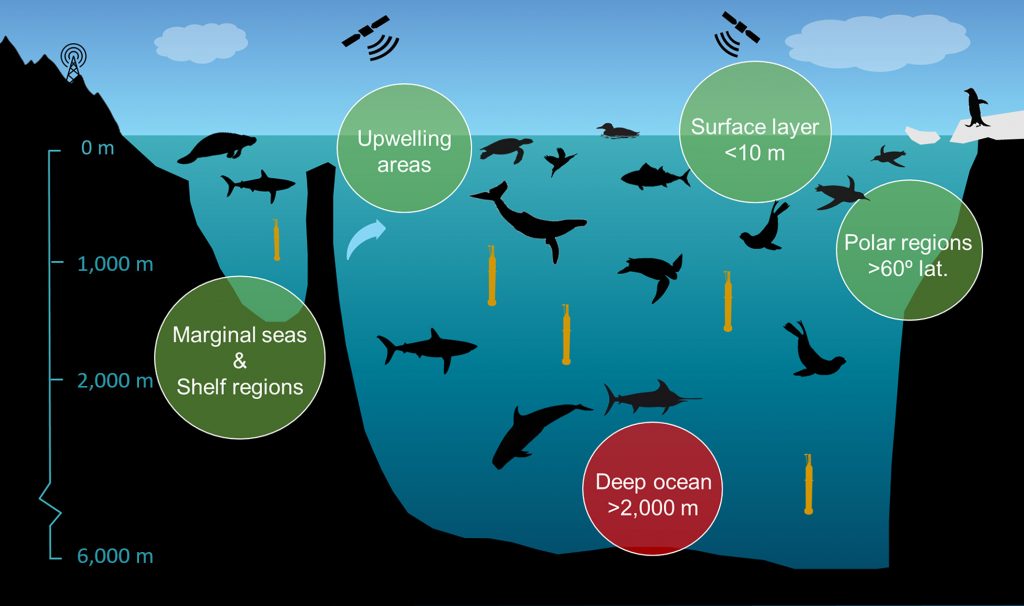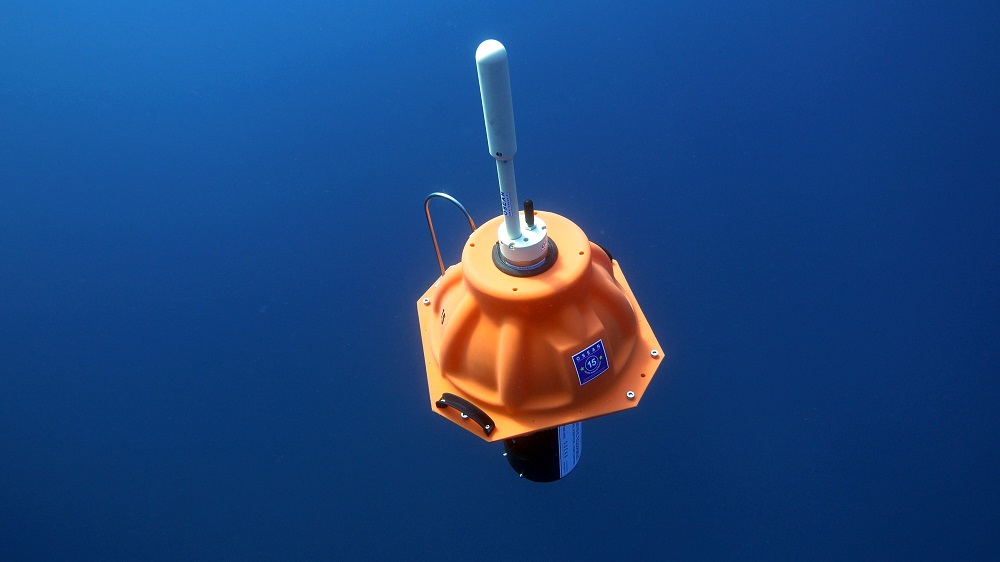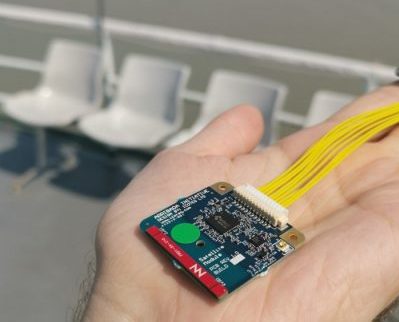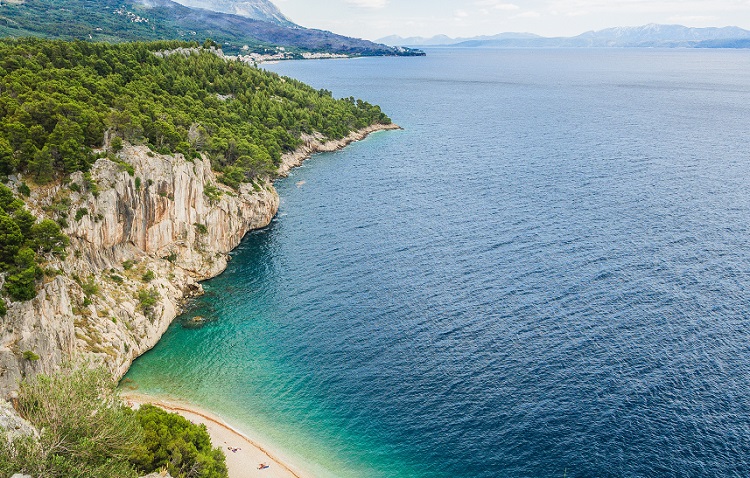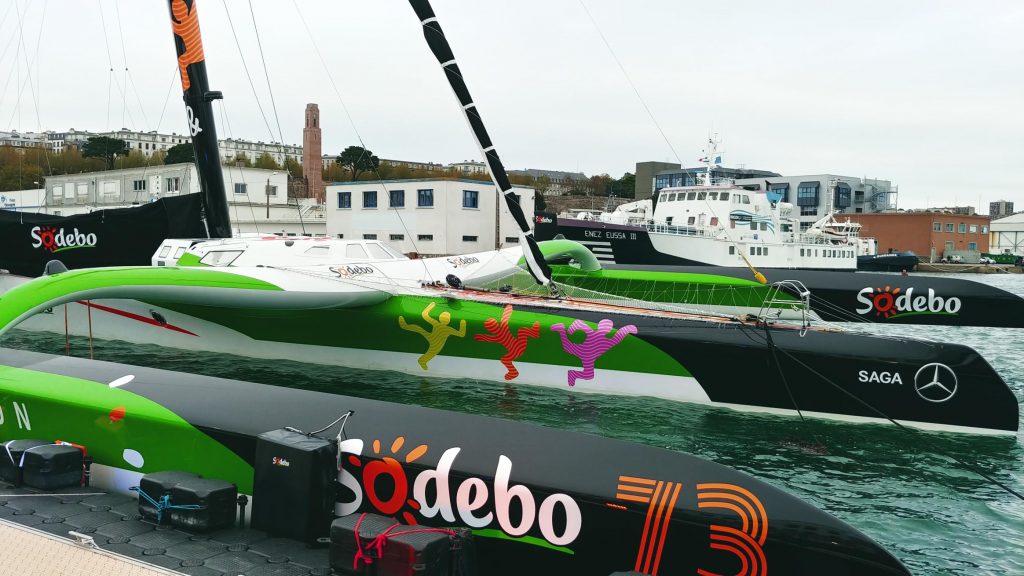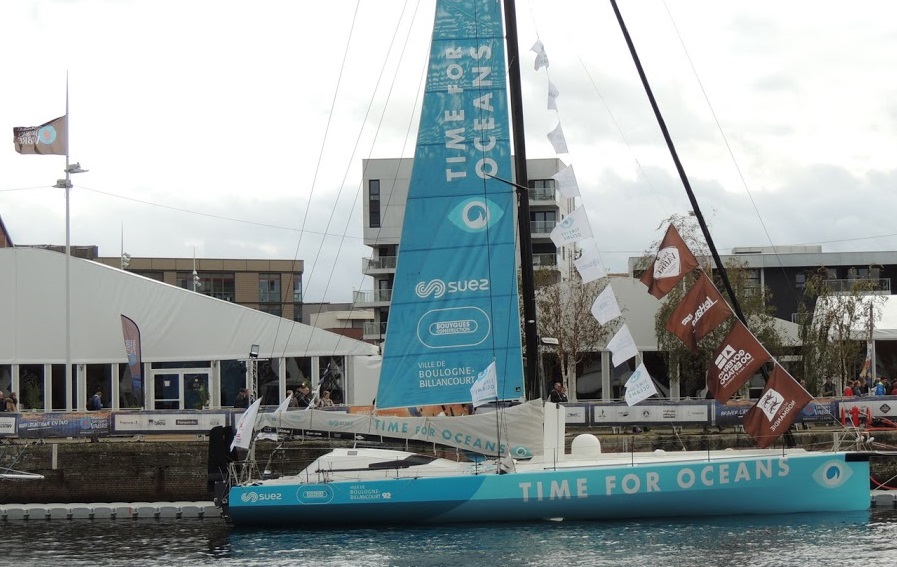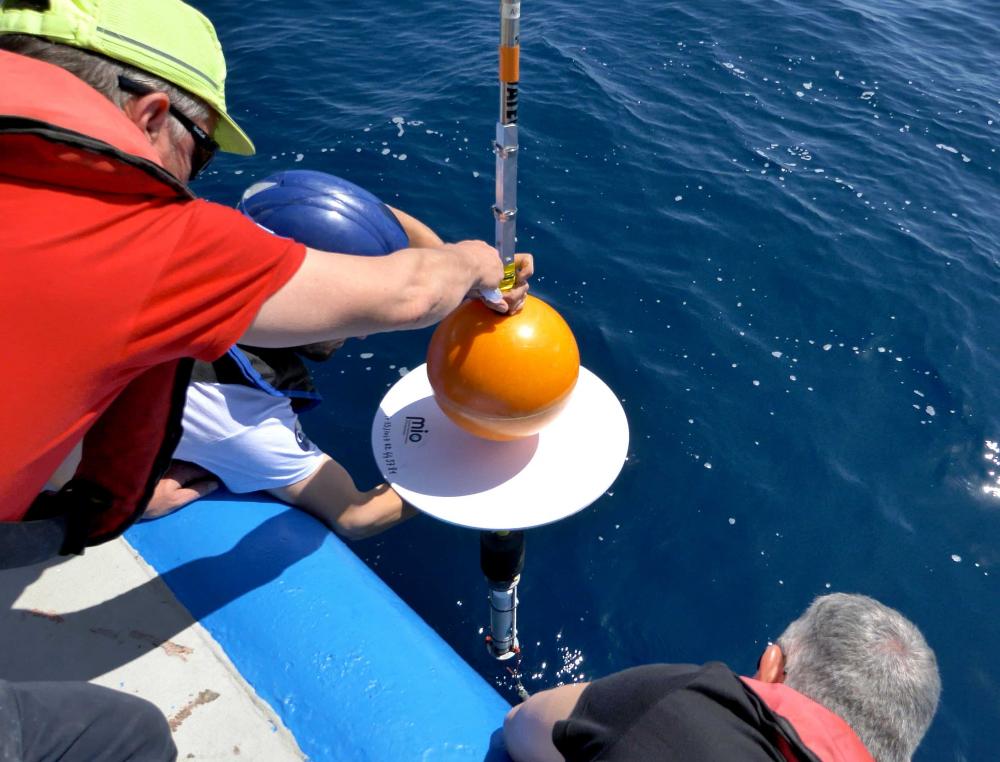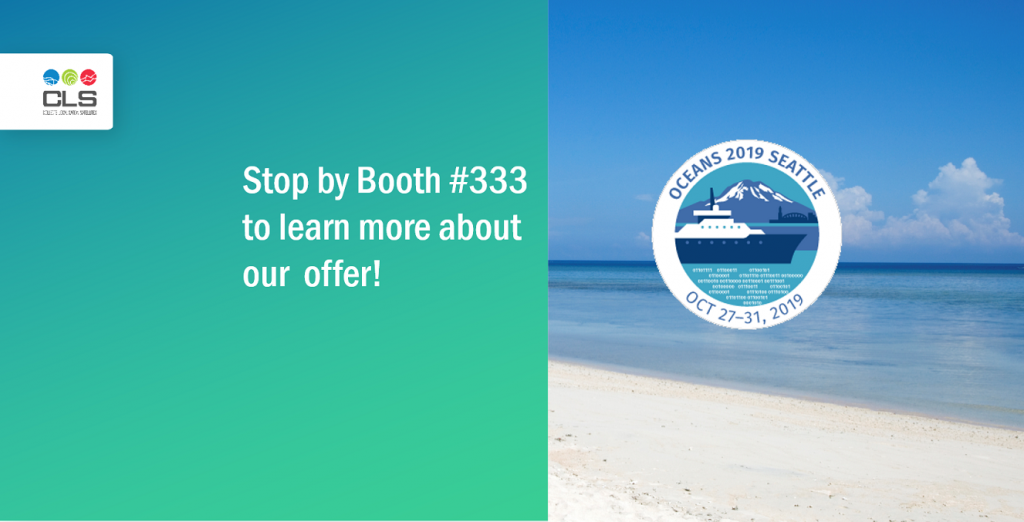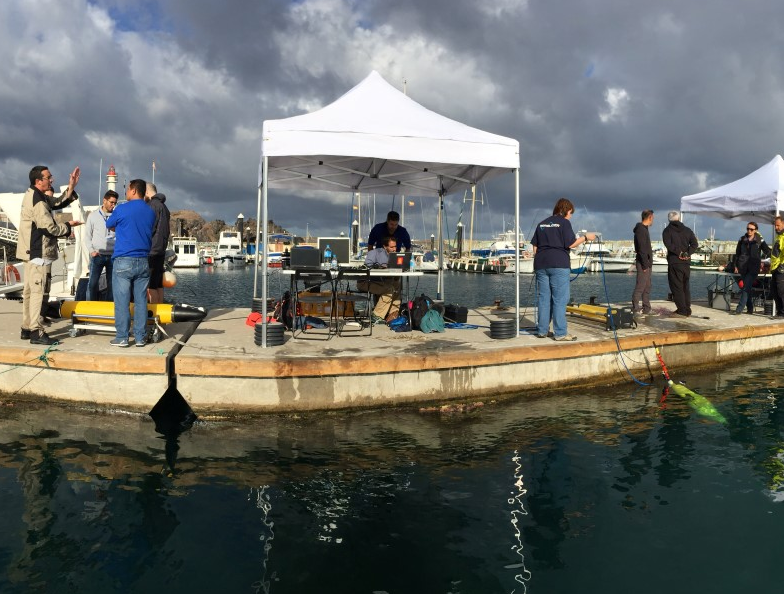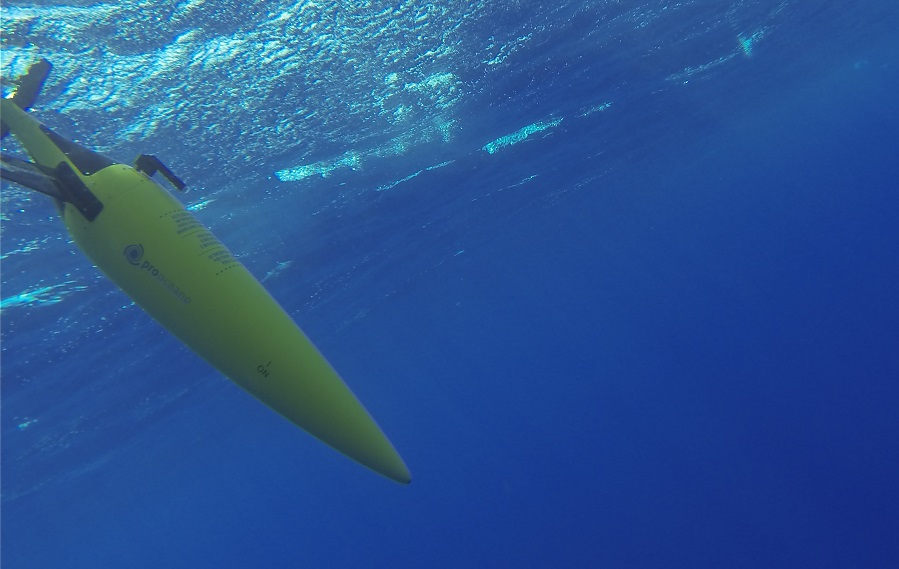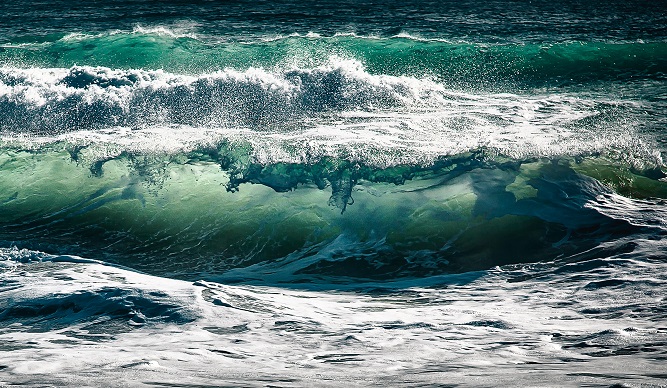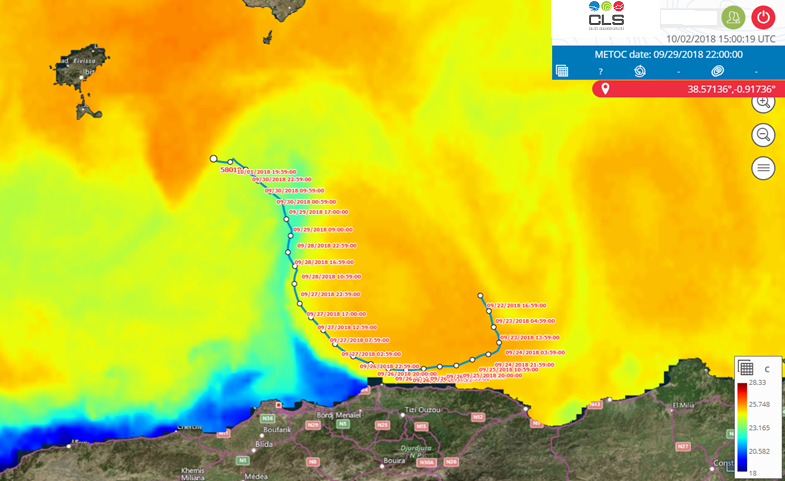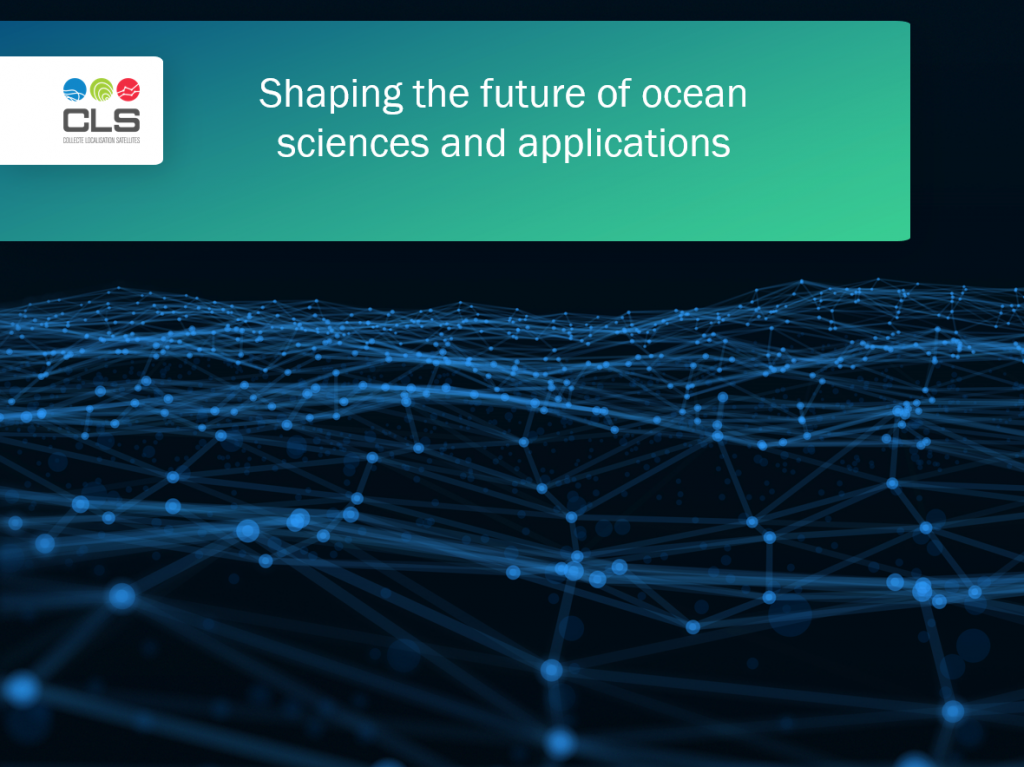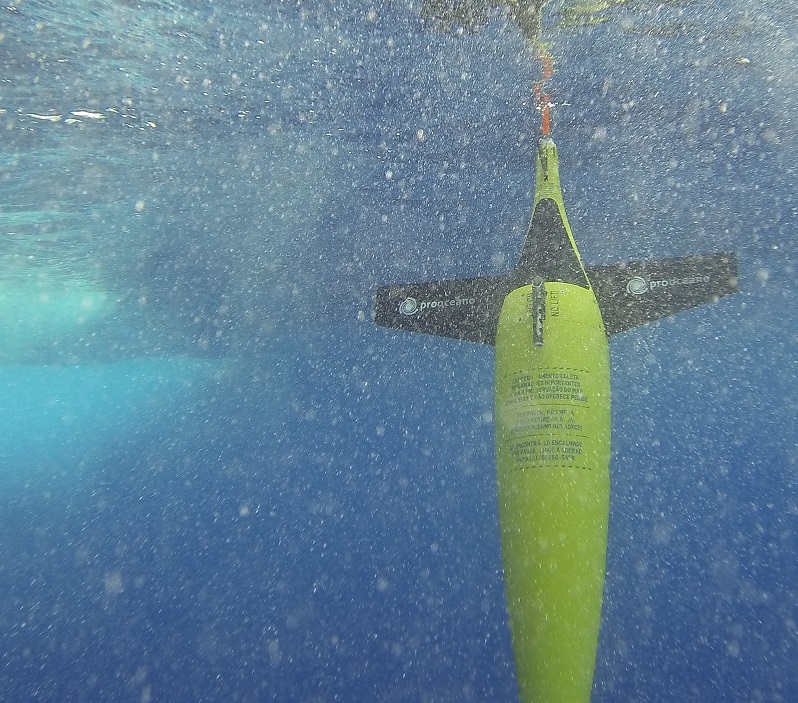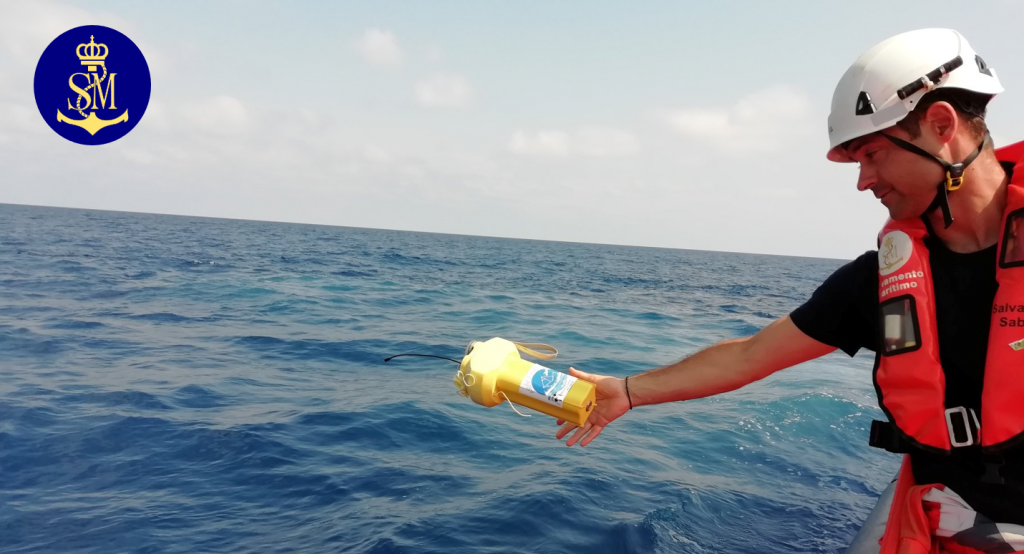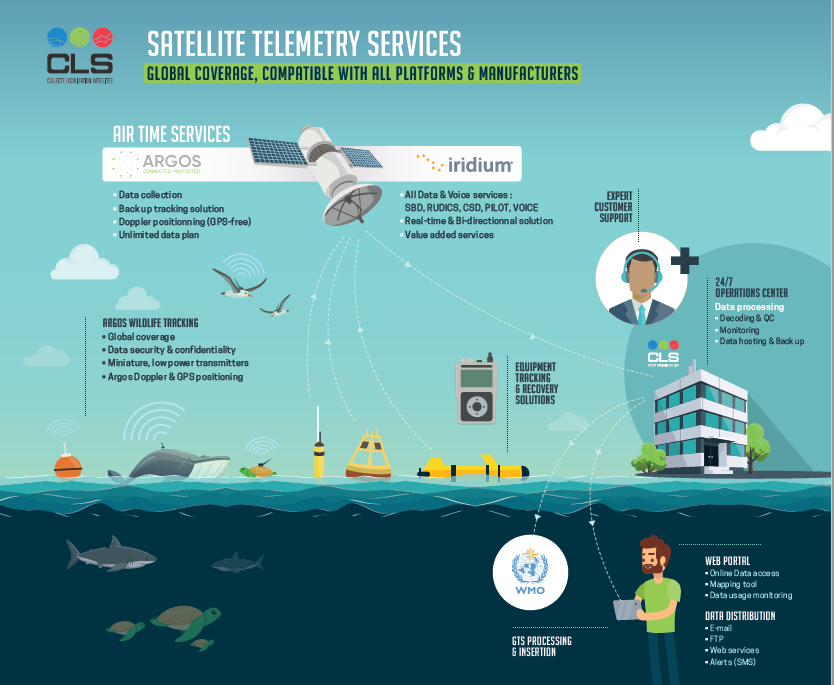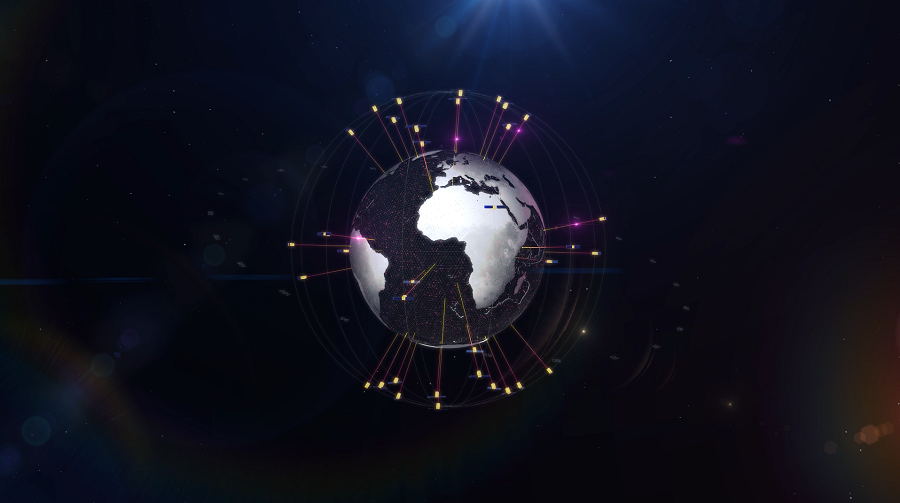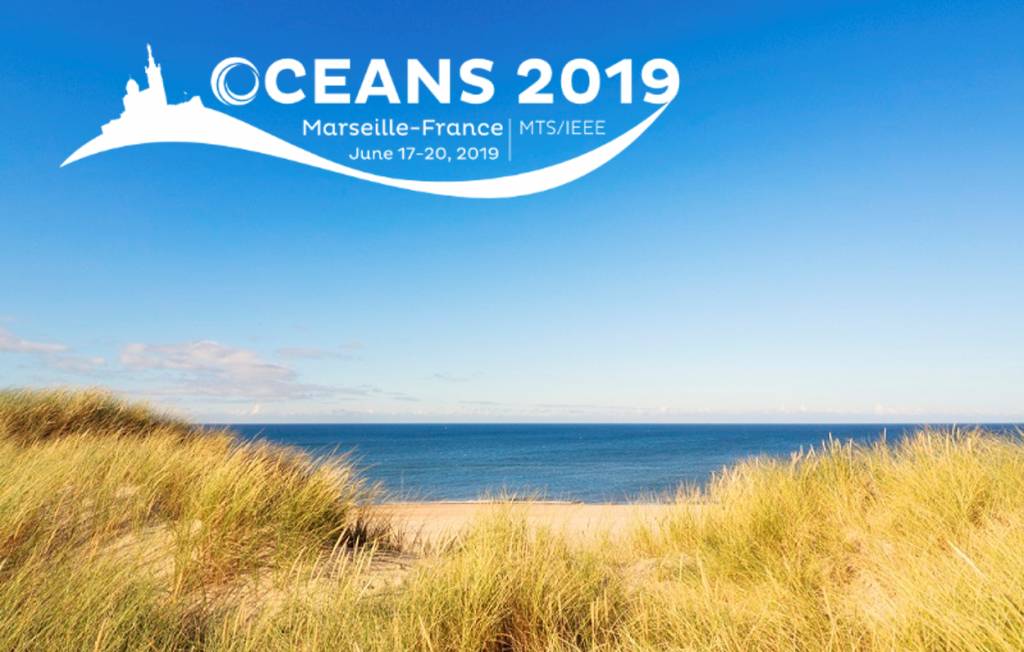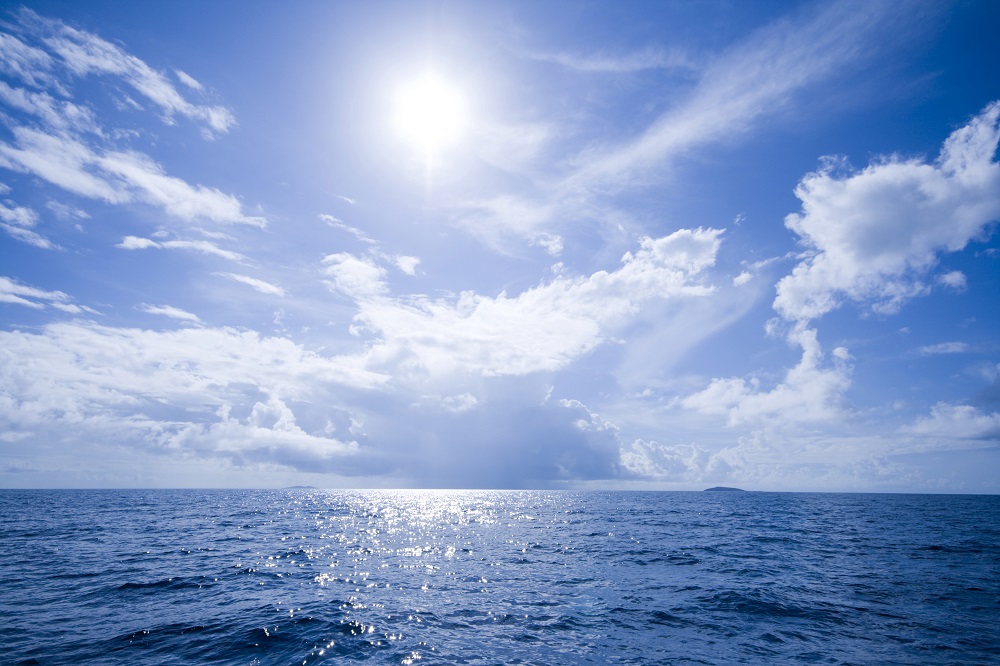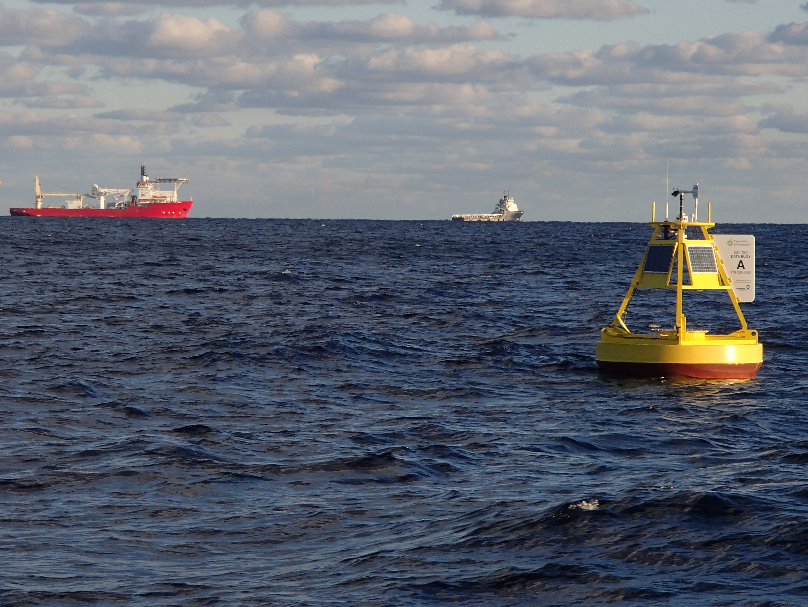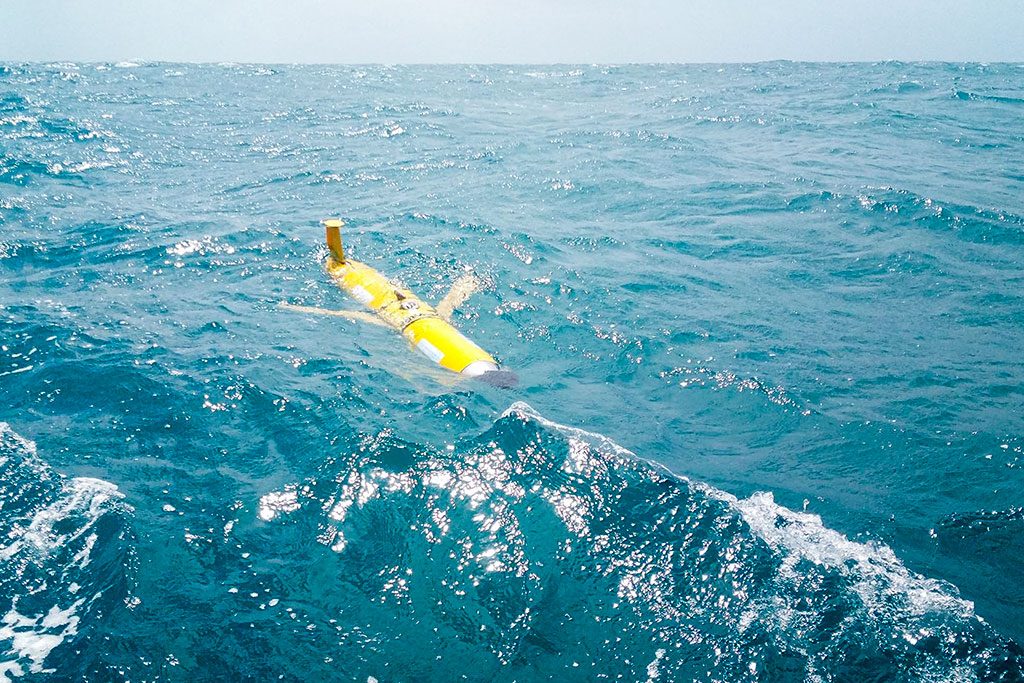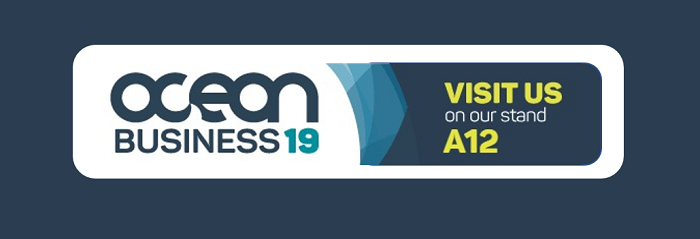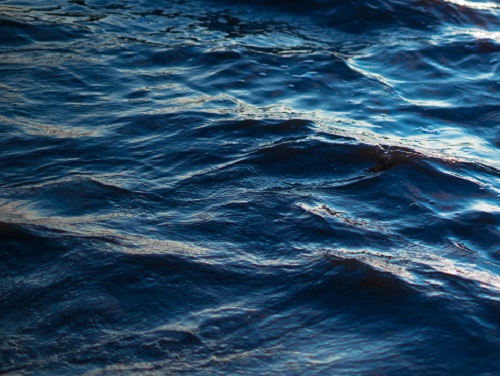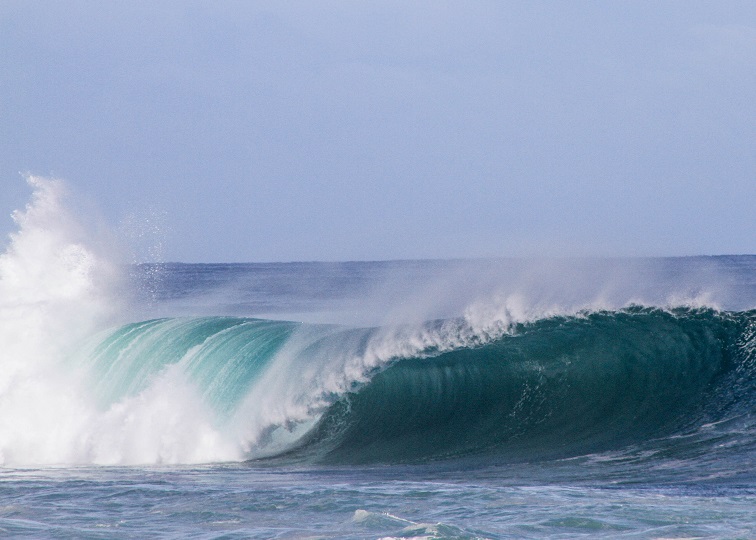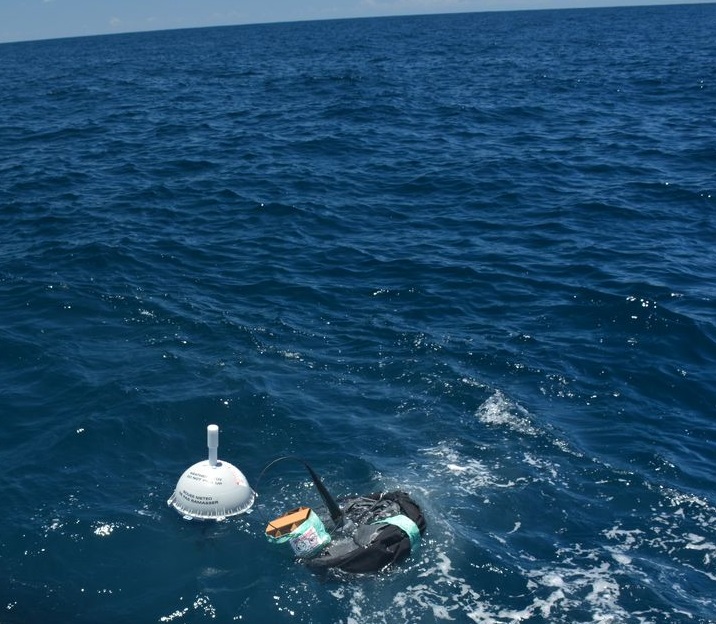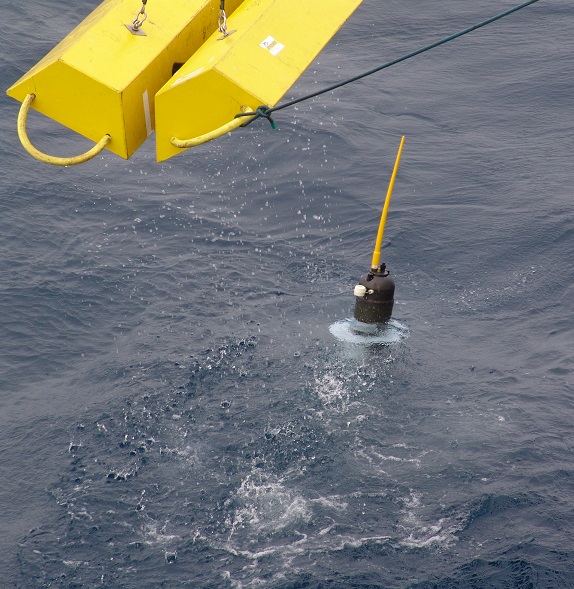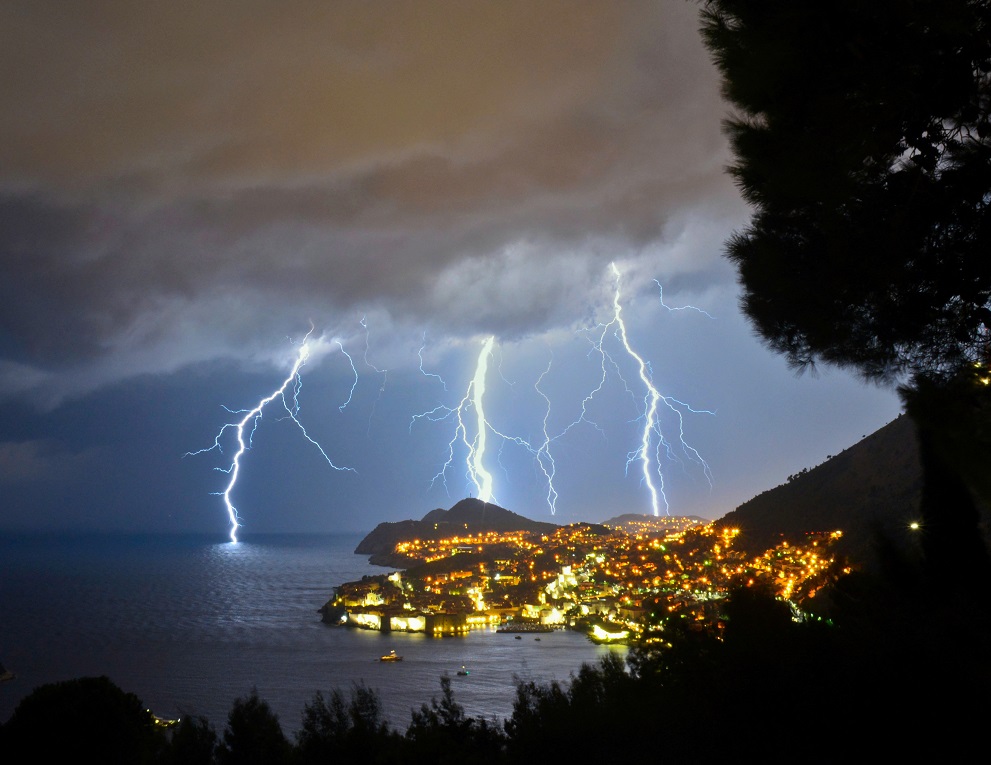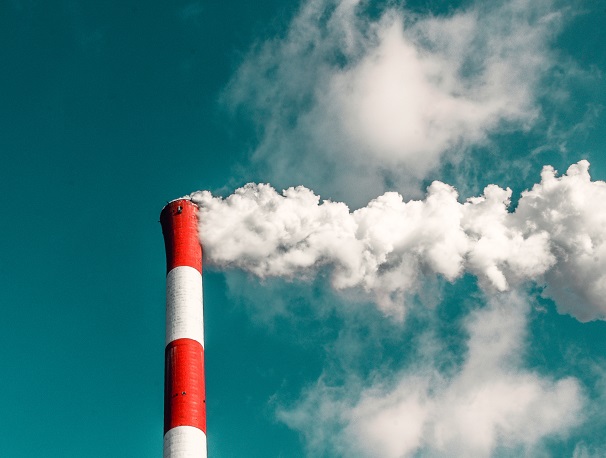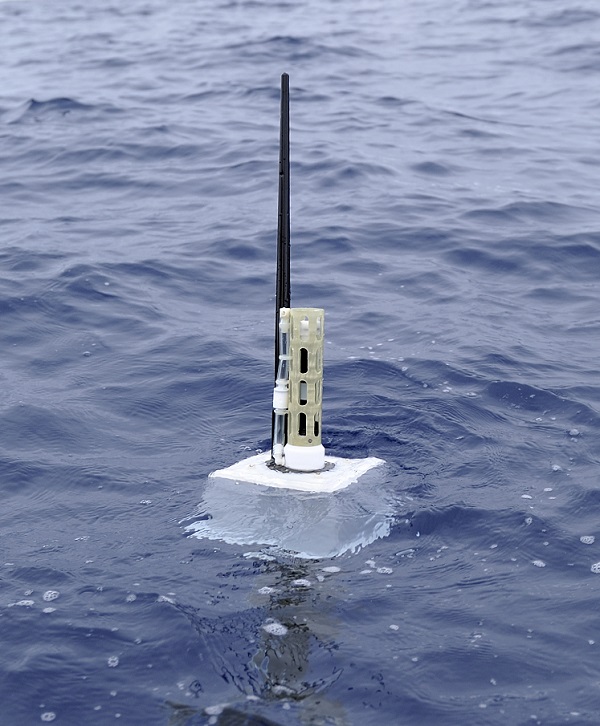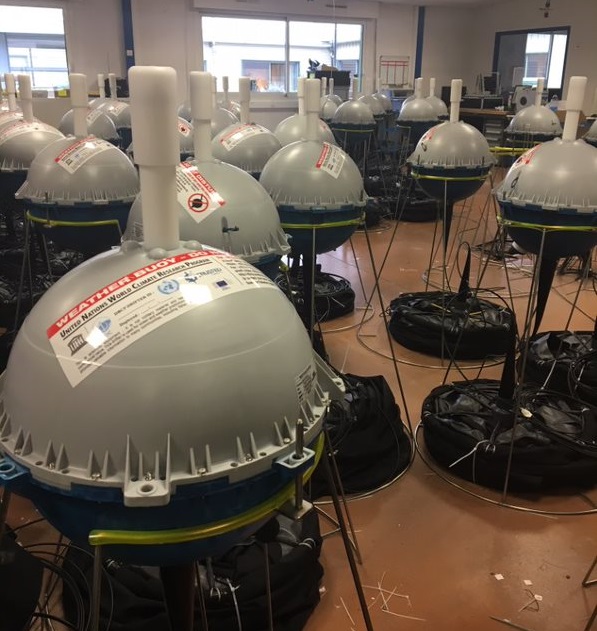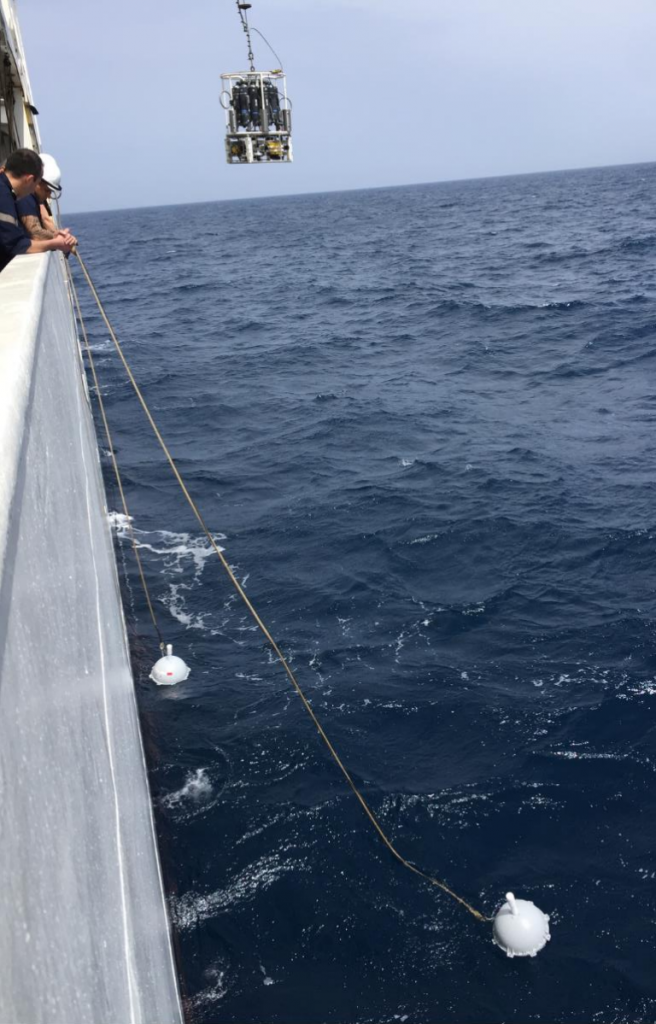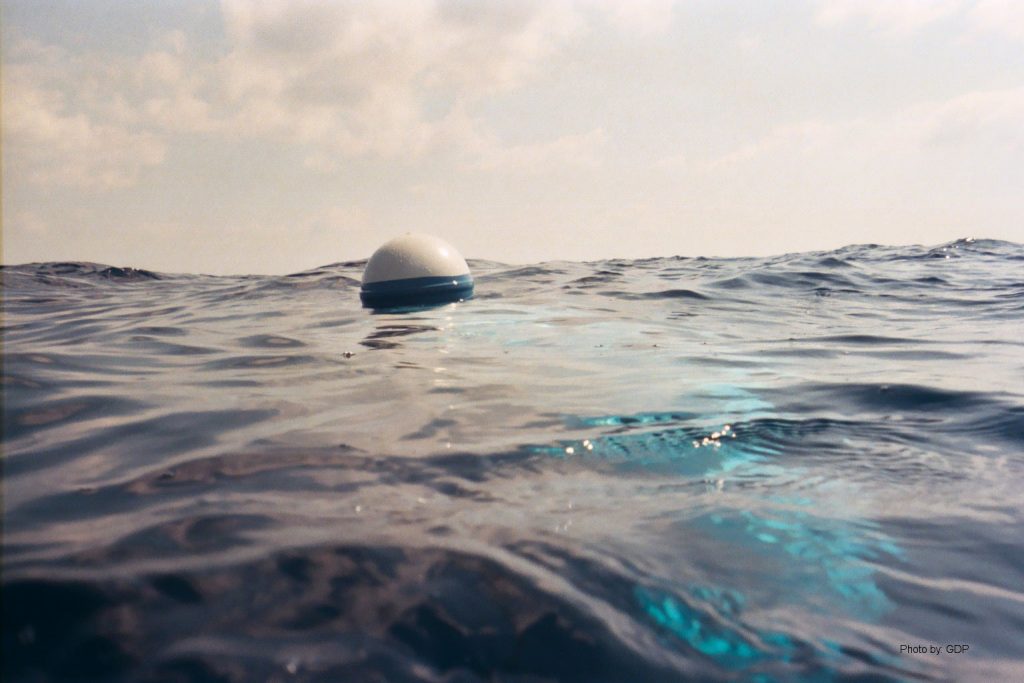Meet us at Oceanology International 2026
Meet us at Oceanology International 2026. Your one-stop shop for Argos and Iridium satellite services for oceanographic & scientific applications.
CLS Expands its Ocean Telemetry Capabilities with the Acquisition of Ground Control
CLS expands its satellite telemetry solutions with Ground Control, strengthening marine monitoring, modems and remote data collection.
A New Era of Argos Smart Environmental Solutions
The Kinéis constellation is transforming Argos Solutions. How satellite IoT, AI and Earth Observation data drive sustainable decision-making.
CLS at Ocean Business 2025: Your One-Stop Shop for Ocean Monitoring & Satellite Connectivity
Join CLS at Ocean Business 2025 and meet our experts to explore Argos services, Iridium airtime, and real-time environmental monitoring.
Argos Services Enhanced with 4th Successful Launch of 5 Nanosats
Argos Services are now stronger than ever with the successful launch of 5 new nanosatellites by Kinéis and Rocket Lab.
The Iridium CERTUS 9704 Joins CLS’ Environmental Toolkit
Discover the Iridium Certus 9704 and explore CLS’ advanced satellite solutions for a sustainable future.
A Third Milestone for Argos Services: Successful Launch of 5 more IoT Nanosats
Congratulations to our Space IoT partner Kinéis and their launcher Rocket Lab on the third successful launch of 5 more nanosatellites.
With these additional satellites now in orbit, the constellation is closer to completion (15/25 nanosatellites), delivering next-generation IoT connectivity for our Argos Smart Environment Solutions.
CLS is attending OCEANS 2024
CLS group is, as usual, taking part in the world’s largest Ocean Technology & Science event this March.
Join us at ExCel London between 12-14 March to discover our ocean technology innovations and solutions.
Another 5 New IoT Satellites for Your Argos Solutions
Well done to Kinéis, our space IoT partner, and Rocket Lab, their launcher, for this second successful launch!
CLS’ Solutions Are Getting a Boost
Successful launch: The first five of a planned constellation of 25 nanosatellites are now in orbit carrying New generation Argos payloads.
ARGOS Services New Generation are on Their Way with the 1st Launch of the Kinéis Constellation on the 20th of June!
Kinéis, our Space IoT partner, has announced that it will launch the first five nanosatellites carrying new generation of Argos payloads.
CLS is exhibiting at Oceanology International 2024
CLS group is, as usual, taking part in the world’s largest Ocean Technology & Science event this March.
Join us at ExCel London between 12-14 March to discover our ocean technology innovations and solutions.
CLS’ Buoyant Innovations: The Wooden Drifters Reshaping Ocean Monitoring
CLS came up with a buoyant innovation to create a more eco-friendly wooden drifter by working on projects aiming to tackle plastic pollution.
CLS Connecting the Sea Surface Salinity Network (SNO SSS)
We met up with Gaël Alory, a lecturer and research scientist in ocean dynamics at the LEGOS who is leading the SNO SSS program.
Meet your Ocean Telemetry Expert Solène Routaboul
Solène Routaboul is our Ocean Telemetry Expert at CLS France. But, what exactly does that entail? We caught up with Solène to find out.
[WEBINAR] Discover CERTUS services & Hardware available at CLS
CLS Telemetry team proposes you to participate to a webinar to discover SEECHART: the solution to manage all your satellite platforms in one place.
CLS supports OSHEN in their attempt to build the first fully autonomous sailing vessel to cross the Atlantic
CLS supports OSHEN in their attempt to build the first fully autonomous sailing vessel to cross the Atlantic.
CLS’ RUDICS Hosting service used to monitor the construction work of an offshore wind farm in France
Discover how CLS’ RUDICS Hosting service used to monitor the construction work of an offshore wind farm in France.
CLS’ Argos Linkit SB ensures safety of 6 paddlers on their 1,800 km journey between Monaco & Athens
6 sportswomen aboard paddle boards equipped with Argos beacons left Monaco to Athens. An incredible course of 1,800 km!
ESA & CLS: Using space to address ocean marine litter
MARLISAT, an innovative project to tackle marine litter funded by ESA & led by CLS, enters phase 2 and deploys wooden buoys in Indonesia.
Argos metamorphosis update: Full-scale testing of Kinéis’ 25 nanosats has begun!
The SeaCleaners has chosen CLS as a partner to fight for a pollution-free ocean by helping to locate waste slicks using satellite data.
The SeaCleaners and CLS: Tackling plastic pollution in Indonesia together
The SeaCleaners has chosen CLS as a partner to fight for a pollution-free ocean by helping to locate waste slicks using satellite data.
EUMETSAT & CLS, committed to better understanding weather systems
CLS, committed to a sustainable planet, is pleased to support EUMETSAT in its mission to better understand our weather systems.
CLS will attend Oceanology International 2022
CLS is taking part in Oceanology International between 15-17 March to present its ocean technology innovations and solutions.
CLS Unveils New Innovative Tracker: The Argos Linkit Series
CLS annouces a new range of universal trackers, the Argos Linkit Series. Re-useable and designed with respect to the environment, Linkit can be adapted to all oceanographic platforms.
Constellation update: HEMERIA & Kinéis keep us informed
What are the innovations being developed with the new constellation? Nicolas Multan & Alexandre Tisserant, CEOs of HEMERIA & Kinéis, tell us.
[WEBINAR] New Innovative Tracker Announcement
CLS Telemetry team proposes you to participate to a webinar to discover SEECHART: the solution to manage all your satellite platforms in one place.
[WEBINAR] RUDICS Communications: a dedicated hosting service
CLS Telemetry team proposes you to participate to a webinar to discover SEECHART: the solution to manage all your satellite platforms in one place.
Backstage pass: Kinéis constellation update
How the new constellation will re-invent the Argos system and what it means for the Environment? Michel Sarthou, Technical Director at Kinéis, tells us.
Digital Twin Ocean: Identifying Marine Heatwaves with Artificial Intelligence
Marine Heatwaves can have significant impacts that are potentially devastating to marine ecosystems and cause industrial economic losses in fisheries, aquaculture and ecotourism. How can we predict them and mitigate their impacts?
Lost Glider at sea found thanks to Argos and Goniometer
Argos tags and the goniometer prove to be great tools when recovering equipment lost at sea, as shown recently with an ALSEAMAR glider.
Tracking plastic bottles from rivers to ocean
Plastic in the environment is a major pollution concern. A study using open-source Argos chipsets in bottles to track them tries to give an answer.
WORKSHOP: High-resolution sea surface temperature (HRSST) drifting buoys for satellite SST
From 1th to 4th March 2021, join the TRUSTED Workshop to know more about high-resolution sea surface temperature (HRSST) drifting buoys for satellite SST.
CLS will attend Marine Autonomy & Technology Showcase (MATS) 2020
CLS Team will be virtually present during all the Marine Autonomy & Technology Showcase (MATS) 2020. Dr Marc Lucas, CLS oceanography expert, will talk about autonomous systems at Projeto Azul, on November 12th, 2020 at 11:40am.
ANGELS satellite operational from 13th October 2020
The nanosat ANGELS (Argos Neo on a Generic Economical and Light Satellite), the first prototype of Kinéis nanosatellites, is operational.
European Sustainable Development Weeks: Indonesia calls on European expertise in space to optimize marine waste collection
Indonesia relies on European expertise in space to optimise the collection of its marine waste and reduces plastic waste by 70% between now and 2025.
Press Release: New autonomous floats to survey the oceans more closely
NAOS, a 10-year development effort to give France and Europe a new generation of autonomous Argo floats designed to meet ocean observation future challenges
[WEBINAR] SEECHART: a unique solution for all your satellite platforms
CLS Telemetry team proposes you to participate to a webinar to discover SEECHART: the solution to manage all your satellite platforms in one place.
How does EUMETSAT measure ocean temperature?
EUMETSAT, in collaboration with CLS, is extending the TRUSTED programme of drifting buoys and measuring ocean temperatures using European satellites.
Monitoring Sargassum: Europe moves into operational mode
Sargassum is a scourge for fishing and tourist economy. CLS has developed an operational service for detecting and predicting the stranding of this algae.
Models to understand the dynamic and periods of litter accumulation
Plastic in the marine environment is a growing issue. If most of the marine plastic debris are in micro plastic form, the most feasible way to collect these litters is when still in macro form. In order to do so, modeling of the way the accumulations grown and their locations at given period have to be identified.
Indonesia Chooses Space Technology in the Fight Against Pollution
Plastic waste in the oceans has disastrous consequences for the environment and human health, and Indonesia is the world’s second largest polluter. To help achieve this target, local stakeholders called on CLS to understand how waste moves throughout Indonesia’s waterways.
Animals help Argo array
The automated Argo array has been measuring the ocean only since 1997. Marine animals have been monitored using Argos nearly from its beginning in 1978, and are carrying environmental sensors for slightly less time, but years now. Both measurements can be complementary, using existing data to fill in gap in the array.
CLS Hosting of mermaids
Mermaids are autonomous floating seismometers drifting with the ocean current at a pre-specified depth. CLS is providing the service of data collection through IRIDIUM, but also proposes to host the data.
ANGELS: The future of Argos is here!
In 2016, the French Space Agency, CNES, embarked upon an R&D project that would cause a revolution in the Argos constellation as we know it. This project, called ANGELS, would support the emergence of nanosatellite applicative programs both at payload and satellite level.
Want to make your own Argos satellite transmitter?
CLS and the Arribada Initiative are proud to announce the release of a new open-source reference design by Icoteq, Ltd for building your own Argos transmitter.
CLS contributes to EuroSea: Gathering more knowledge for a sustainable use of the ocean
In times of sea-level rise and global warming, it is important to know exactly what processes take place around the coast and in the ocean. However, there are still major gaps in ocean observing. An international consortium of 55 partners organized through the EuroSea project is set to change this.
BREST ATLANTIQUES: CLS provides iceberg monitoring services for the safety of skippers
Along the Brest Atlantiques race, a number of challenges await the skippers, including the trip from Rio to Cape Town, which could lead skippers into icy waters. This is why the race organizers have contacted CLS, experts in icebergs monitoring services, to keep an eye on how the situation evolves in the roaring forties, and keep skippers safe.
Ocean races contribute to understanding climate change
During the Transat Jacques Vabre Race, the skippers will be in contact with the elements. But the challenges of nature will not prevent them from contributing to ocean sciences. Along their way, skippers will gather precious data to contribute to improving numerical weather modeling and understanding climate change.
Vertical velocity measurements: Innovative new observing system uses Argos goniometer
Measuring vertical velocity in the upper layers of the ocean is crucial to understand fine-scale ocean dynamics. That is why the Mediterranean Institute of Oceanography (MIO) , has developed a new vertical velocity profiling system – to complement measurements collected by ADCP and ocean gliders.
CLS will attend Oceans 2019 with subsidiary Woods Hole Group
CLS and its U.S. subsidiary, Woods Hole Group are pleased to attend Oceans 2019 in Seattle, from October 27-31st.
CLS will attend the 2019 Glider School in Las Palmas
Every year since 2012, the Oceanic Platform of the Canary Islands, PLOCAN, has organized a Glider School. CLS is pleased to attend this event, to exchange knowledge and best practices, and be part of the international glider ecosystem.
On the importance of underwater gliders for ocean observations
Underwater vehicles and gliders are revolutionizing ocean observation and are becoming an increasingly important component of observing systems. In this testimony, Francisco Dos Santos of ProOceano, a CLS Group subsidiary, explains why.
MELOA: Revolutionary new generation of ocean buoys
Running from December 2017 to February 2021, MELOA (Multi-purpose/Multi-sensor Extra Light Oceanography Apparatus) is a H2020 project that is developing an innovative family of products, WAVY drifter units, allowing for a low-cost, easily deployable, high versatility, and low maintenance system for in-situ measurements for marine environments.
Towards higher accuracy SST measurements with Trusted buoys
In order to provide the most precise measurements of SST ever undertaken by drifting buoys and build a fiducial reference measurement (FRM) network for Copernicus Sentinel-3 satellites, the TRUSTED project consortium, led by CLS, has designed and developed a new type of drifting buoy, the SVP-BRST, manufactured by NKE.
CLS, supporting the glider community
CLS will attend the 2019 Glider Days organized by the French National Committee for Glider Pilots (Comité National de Pilotage des Gliders – CNPG) on September 9-10th at Ifremer’s La Seyne-sur-Mer site.
CLS will have the privilege of exhibiting at OceanObs 2019
CLS has been selected to exhibit at OceanObs 2019, the community-driven ocean conference that takes place every 10 years.
JCOMMOPS highlights the need for sustained ocean monitoring
Every year, the WMO-IOC Joint Centre for Oceanography and Marine Meteorology in situ Observations Programme Support (JCOMMOPS) issues an Ocean observing system report card. In 2019, JCOMMOPS’ report card issues a call for action to increase contributions towards the ocean observing system and enhance collaborative efforts in order to ensure adequate measurements of the world’s oceans in the future.
An international rescue effort for an educational Argos ocean buoy
An Argos ocean buoy deployed off the coast of Banyuls, France, in May 2019, showed up on a Spanish beach in July. The buoy, deployed within the French Space Agency’s Argonautica project,, was designed to study the Liguro-Provençal current. An international rescue effort has helped the buoy get back to its principal mission, ocean observation.
CLS will attend the Atelier Experimentation et Instrumentation (AEI) in Lille, France
Every two years, the French ocean, atmosphere and continental surface ecosystem gathers to exchange on instrumentation and experimental research. This event, co-organized by Météo France, INSU, IFREMER, IRD, SHOM and CNES, is an important meeting for engineers, technicians, researchers and industry.
Production underway on Kinéis, the new nanosatellite constellation with the next generation of Argos instruments
Kinéis, a CLS subsidiary, will design and launch the new generation of the Argos system.
CLS will attend Oceans 2019 in Marseille
CLS key partner to the operational oceanography community and a worldwide leader in ocean observation and satellite telemetry services for more than 30 years, will attend the Oceans 2019 conference in Marseille, France, from June 17-20th.
Update on the TRUSTED project: Delivery of second batch of DBCP-compliant HRSST buoys
The TRUSTED project is part of an European Union Copernicus funded initiative to provide fiducial reference measurements for the calibration of the temperature radiometers of the Sentinel 3 satellite constellation for EUMETSAT. CLS leads the TRUSTED project, with a consortium of 6 partners.
CLS, expert in operational oceanography and marine meteorology
As a worldwide leader in ocean data collection and satellite Earth Observation, CLS can design and deploy integrated systems for marine meteorology. Our experts help institutional clients make the best choice regarding in-situ equipment, deployment, satellite earth observation, data processing & numerical modelling, as well as data fusion & dissemination.
Australia’s Glider Lab recovers Glider with Argos back-up tracking
The IMOS Ocean Gliders facility operates a fleet of autonomous underwater ocean gliders that undertake measurements from shelf and boundary currents in Australian waters.
CLS to attend Ocean Business in Southampton, UK
The CLS Telemetry team will attend the Ocean Business trade fair in Southampton, UK, from April 9th-11th. Our teams will be present on Booth A12. Stop by to discuss your upcoming projects and we will tell you more about our range of satellite telemetry products & services.
CLS provides operational oil spill buoys to CEPPOL (French Navy’s pollution control) to support clean-up efforts after the Grande America accident
The CEPPOL, the French Navy’s Practical center of expertise for pollution control, has deployed six Argos buoys to help containment efforts in the Atlantic Ocean.
The WAVY drifter revolution: Towards low-cost ocean observations
Know more about the consortium of ten European institutions including CLS and led by Deimos Space, which is developing a whole new generation of drifting buoys, called WAVY, within the framework of an H2020-funded project, MELOA.
Trusted buoys: A new chapter in the history of Sea Surface Temperature measurements
While recent studies reveal that ocean warming is accelerating faster than thought, a recent article published in the peer-reviewed journal, Ocean Sciences, takes a closer look at the sea surface temperature measurements from drifting buoys.
Congratulations, Argo program, for collecting over 2 million ocean profiles in 20 years!
The Argo program is an international ocean observation program that provides crucial data about the world’s oceans for oceanography, meteorology and climate studies. A few weeks ago, the Argo program reached an important milestone of over 2 million ocean profiles collected since 1999.
CLS Iridium RUDICS service allows French scientists to explore the origin of thunderstorms
Within the EXAEDRE project, French scientists use CLS Iridium RUDICS service to transfer observations of thunderstorms from the sky to the ground in real-time.
CLS Iridium RUDICS service used to relay measurements of green house gas concentrations in our atmosphere
Measuring carbon dioxide and methane gas in our atmosphere is crucial to understanding global warming. These two gases have been recognized by the International Panel of Climate Change as the most important of Earth’s greenhouse gases, and together are widely considered to be responsible for global warming.
CLS helps improve the quality of in-situ data from Argo
CLS provides Argos and Iridium satellite telemetry services for most of these oceanographic instruments and special data hosting services for floats using Iridium RUDICS communication.
High resolution sea surface temperature buoys for climate studies
Within this context, EUMETSAT accepted the first batch of high resolution sea surface temperature (SST) drifting buoys from CLS and NKE, of the Trusted project consortium funded by Copernicus. These buoys provide HR SST observations to validate the radiometers onboard Europe’s Sentinel-3 satellite, dedicated to oceanography, meteorology and climatology.
Copernicus TRUSTED project: Setting new standards for High Resolution Sea Surface Temperature measurements
CLS, provider of Iridium modems and processing services, plays a key role in ensuring the quality of the high resolution sea surface temperature measurements made by Europe’s Sentinel-3 satellite mission.
CLS attends the 34th Meeting of the Data Buoy Cooperation Panel (DBCP)
The DBCP is an international program that coordinates the use of autonomous data buoys to observe atmospheric and oceanographic conditions over the world’s oceans.

